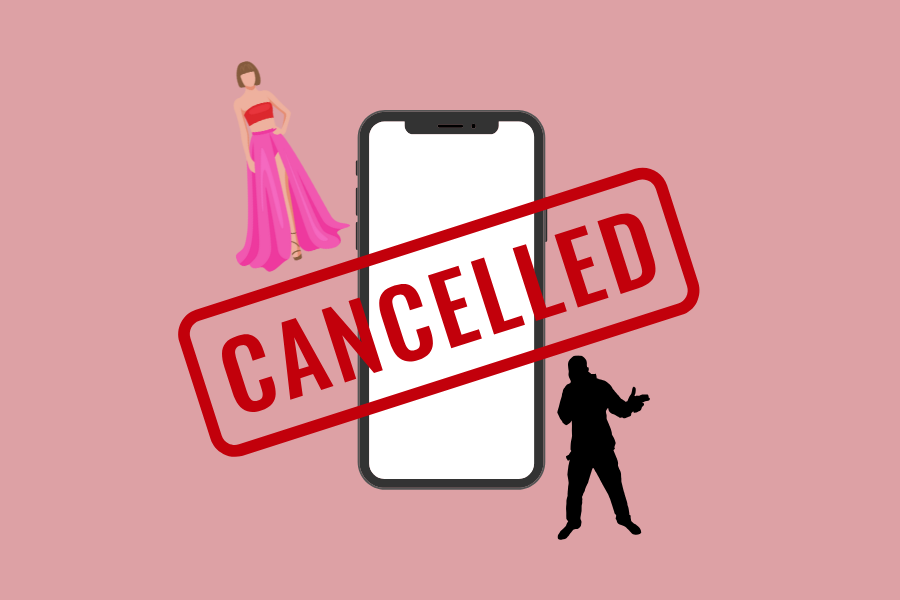At the beginning of every new year, my social media feeds are a constant stream of New Year’s resolutions. It’s a flood of both friends and celebrities committing to eating healthier, riding their bikes to work, or actually getting more sleep. All of these things seem like rather simple goals to achieve, but many people find that they’re falling behind within the first few weeks of January. According to a 2014 study published by the University of Scranton, only 8% of people who make New Year’s resolutions actually achieve them by the end of the year. So, what’s the point of making resolutions in the first place?
Psychologists believe that making New Year’s resolutions fulfills our human need to strive for the best. While not all resolutions are completely accomplished, setting a goal sometimes makes people feel more productive and lead them to better self-improvement habits in the future.
If you don’t want to face an unresolved list of goals but still wish to participate in New Year’s resolutions, psychologists suggest setting reasonable goals and making time in your schedule for you to succeed. Making resolutions that you actually want to and committing to them helps tremendously as well. Otherwise, it’s more than likely that you’ll end up in the 92% of people that don’t make their resolutions by the end of the year.








